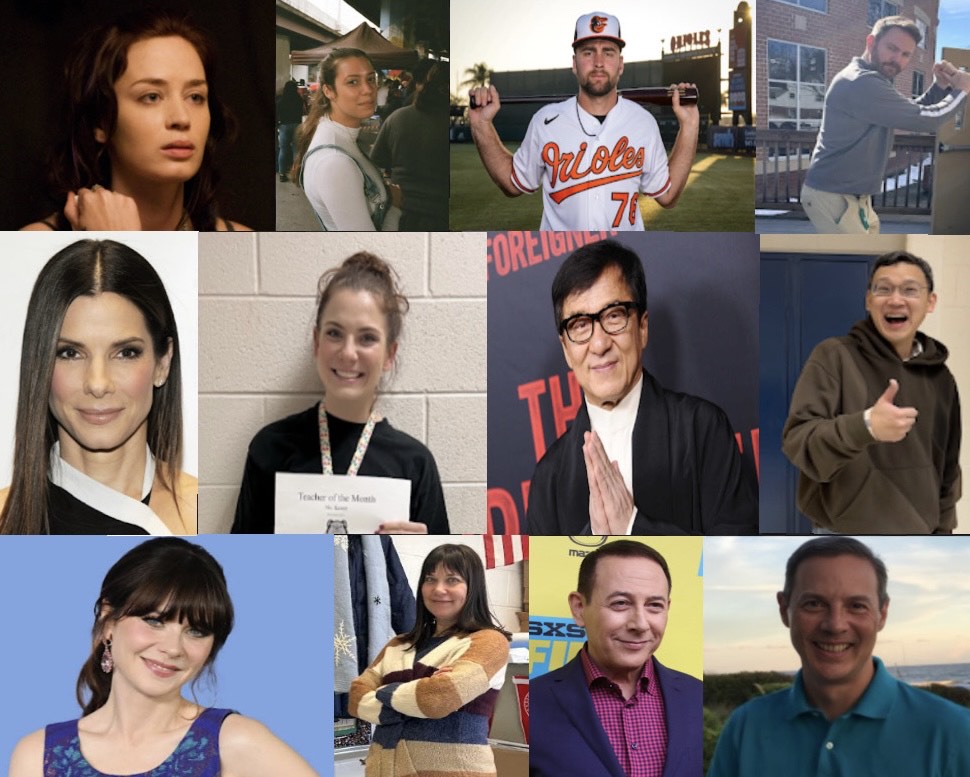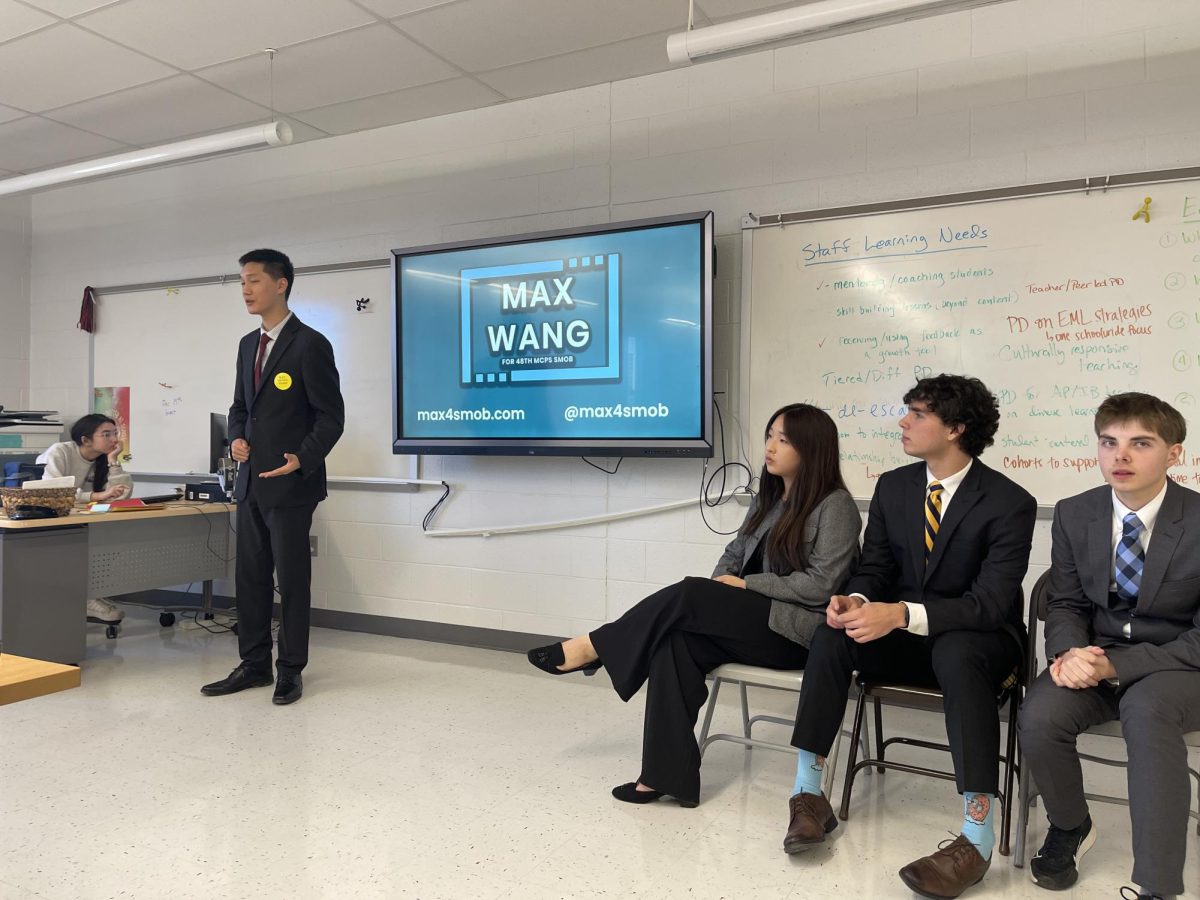singer girlfriend Rihanna. It became a public story as Brown and Rihanna split, and a restraining order was placed against Brown. Now, three years later, Rihanna and Brown have steadily been rebuilding a relationship, and the seriousness of domestic violence is taking a backseat to their “love life.”
Though it brought domestic violence to the spotlight, this relationship should not be the example for others. It shows young girls that after being hurt, physically and emotionally, it is okay to return to the abuser who is potentially still dangerous.
“Based on my experience with people in similar situations, I think Chris Brown has some deep, dark, unresolved issues, and he made a vicious attack on that woman,” said a Washington D.C. lawyer involved with numerous domestic abuse cases, who asked to remain anonymous so as not to endanger the privacy of former clients. “He didn’t smack her, he beat her. He hit her multiple times, savagely. I have every reason to believe that he will go on to do it again in life.”
To some, emotional abuse is as damaging as physical abuse and many women and girls are affected by emotional abuse every day.
According to Rockville psychiatrist Lois Hartman, this abuse is defined as someone using words to destroy a person’s self-esteem and crush one’s spirit.
“After someone gets out of an abusive relationship, it is best to just stay away from the abuser,” Hartman said. “If they have displayed abusive behavior it means they are capable of doing it again. If someone has a history of being abusive, you should just stay away.”
Because emotional abuse does not leave physical marks, it is not easy to know it is happening or prove it is happening unless there are witnesses. Therefore, many people do not acknowledge or understand emotional abuse.
According to counselor Peggy Fahey, any type of abuse is difficult to talk about but one should go to a trusted adult over a peer because adults can help.
“It’s like bullying,” Fahey said. “Sometimes there is more going on than we actually see. It is important to speak to an adult, whether it’s a counselor or just a trusted adult.”
Students at CHS have different views on the subject of emotional abuse. According to junior Agya Adadey, emotional abuse is not an issue at CHS and is not as serious as cases of physical abuse. He believes if someone is feeling abused he or she should simply tell somebody. However, not everyone agrees with him.
“Just because you are not physically putting your hands on someone doesn’t mean you are not hurting them,” said a female sophomore who was involved in abusive relationships in the past.
The student believes emotional abuse is an issue between CHS couples, and that people need to be made aware.
However, many agree that victims have different tolerance levels for what they can and cannot take, leading them to take drastic measures.
“When people are abused there generally may be a mental illness that goes along with it,” Hartman said. “They can experience depression or anxiety. Also, they often drink alcohol or use drugs because it will help them feel numb and not feel the hurt and pain.”
Another effect of emotional abuse, destroying another’s self-esteem, leads the victim to believe no one would want to help him or her.
Yet, Hartman stresses how important it is to reach out.
“People in abusive relationships should get help, and they should know that they are not alone,” Hartman said. “They need to speak up and go to someone they trust because life will get better. And of course, have hope.”







